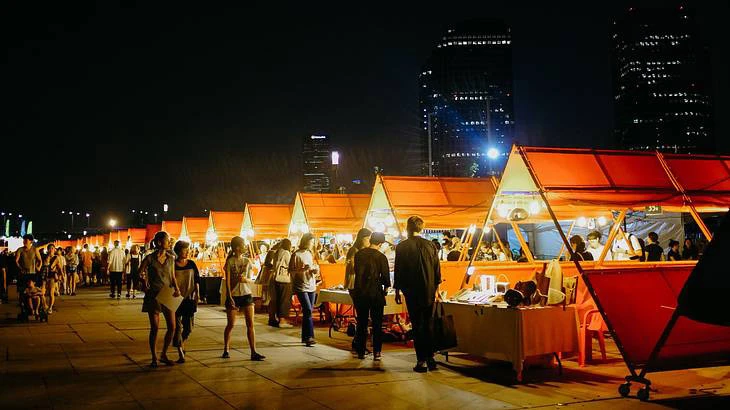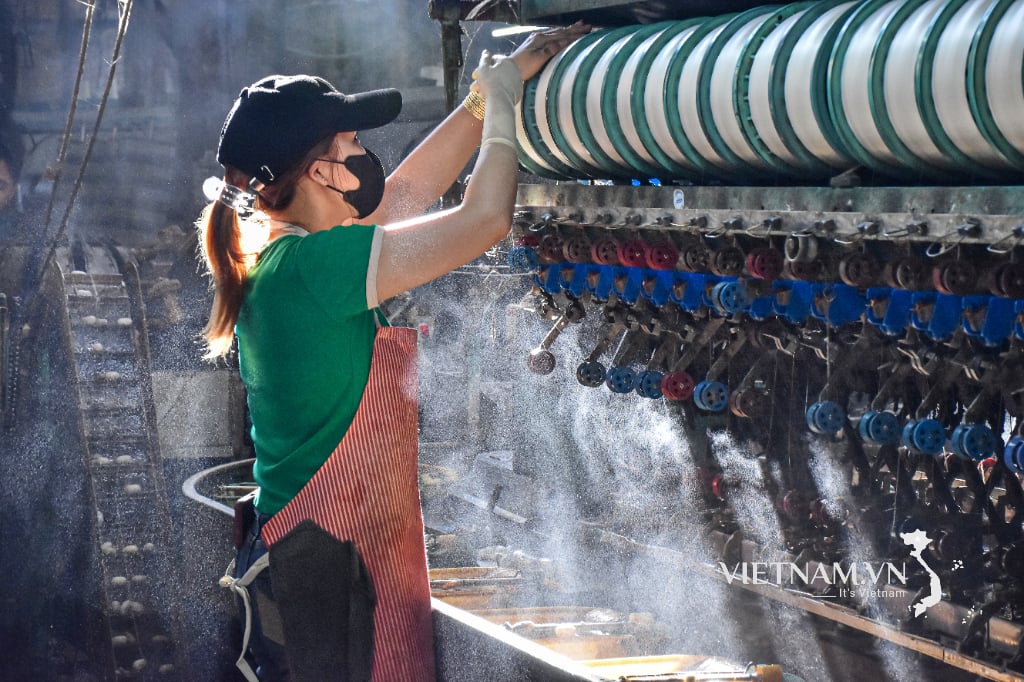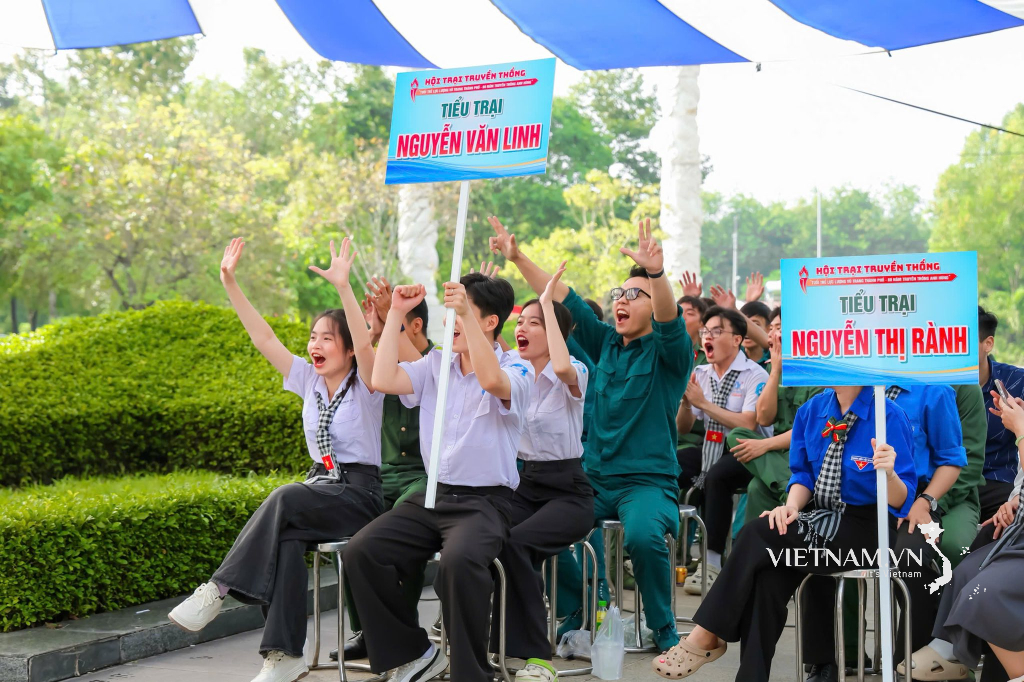Following the Covid-19 pandemic, Asian cities are striving to build and develop their night-time economies , not only to increase national revenue but also to boost tourism recovery.
Exploiting cultural resources
Nighttime business activities are considered a potential source of revenue, potentially contributing nearly $4 billion to the Japanese economy at peak times. With the goal of becoming a leading tourist destination, welcoming 40 million foreign visitors annually and increasing tourist spending, the Japanese government has decided to develop and implement policies and measures to leverage cultural resources to support the development of the nighttime economy.

The Tokyo Metropolitan Government and the Tokyo Tourism Association have announced plans to support the local nightlife through subsidies. The Shibuya Tourism Association has appointed its first "night ambassador," modeled after the "night mayor" concept in Western countries. This individual's job is to promote Shibuya's nightlife culture, including its dance clubs and bars. The Shibuya Tourism Association has also created an English-language map depicting the area's nightlife and encourages participation in night tours, promoting them on social media.
According to a report by China's Ministry of Commerce, 60% of consumer spending occurs at night. Revenue at some major shopping malls between 6 PM and 8 PM accounts for more than half of their daily sales. According to China Daily, prior to the Covid-19 pandemic, China's night-time economy exceeded 30 trillion yuan (US$4.1 trillion) in 2020-2021.
Following the pandemic, cities like Beijing, Shanghai, and Chongqing have made even greater efforts to develop services that support the nighttime economy. In Beijing, some subway lines have extended their operating hours until late on Fridays and Saturdays. The government also encourages convenience stores to operate 24/7…
Beijing's leaders have aggressively implemented a series of measures to extend the sleepless hours for both tourists and residents. Shanghai has created several entertainment zones that operate from 7 PM to 6 AM the following morning. Shijiazhuang, the capital of Hebei province, has reduced electricity prices for businesses that stay open late. Nighttime food streets are being widely promoted and more systematically planned in Xi'an, Hangzhou, Nanning, and Chengdu.
Some retail chains and shopping malls extended their operating hours, while cities also spent money on elaborate light shows. Many localities, such as Qingdao, Yantai, and Hangzhou, spent over 100 million yuan (US$13.8 million) on light displays at famous landmarks. Shopping malls added live bands, beer restaurants, cinemas, gyms, and electronic entertainment areas. Online food delivery services also grew in line with this trend.
Flexible conversion
Delicious food, a wide variety of goods, and vibrant street performances are the highlights of Korean night markets. Markets in Seoul, Gwangju, Busan, and other areas are open from 7 PM to midnight every day of the week, attracting many locals and tourists.
Besides affordable food, these places also feature unique street performances, making them always crowded. Seoul alone boasts hundreds of night markets, catering to shopping, sightseeing, and dining needs, making the city truly vibrant when the lights come on. Currently, the Korea Tourism Organization (KTO) is developing plans to promote nighttime tourism programs in collaboration with local governments to attract more foreign tourists and develop the tourism industry after the pandemic.
In Southeast Asia, Bangkok has long been renowned as one of Asia's most vibrant entertainment hubs. Before the Covid-19 pandemic, the Thai capital's nightlife economy was worth approximately $5 billion, contributing over 1% to the country's GDP. However, after three years of struggling due to quarantine measures, the city's status as a party capital is under threat.
Late last year, Thailand piloted a program allowing restaurants and entertainment venues such as clubs and karaoke bars in several provinces and cities like Bangkok, Phuket, Pattaya, and Chiang Mai to stay open until 4 a.m. The Thai government hopes that extending operating hours at these popular tourist destinations will create a more attractive environment for tourists, thereby attracting more foreign currency into the country.
These provinces and cities are currently among the most sought-after destinations for tourists, especially young people. Longer opening hours will give tourists more opportunities to explore Thailand's vibrant nightlife, bringing significant benefits to the local economy.
THANH HANG
Source




![[Image] Current situation of houses precariously balanced due to road leveling in Dong Nai.](https://vphoto.vietnam.vn/thumb/1200x675/vietnam/resource/IMAGE/2026/03/02/1772455749144_ndo_br_z7579763955585-6e80a60471e75768fa835d035eba45ea-6979-jpg.webp)



![[Photo] Procession of a giant "pig" weighing over 200kg at the La Phu Village Festival](https://vphoto.vietnam.vn/thumb/1200x675/vietnam/resource/IMAGE/2026/03/02/1772444501339_anh-man-hinh-2026-03-02-luc-16-40-20.png)



































































![[Photo] National Assembly Chairman Tran Thanh Man receives the First Vice President of the Greek Parliament](https://vphoto.vietnam.vn/thumb/402x226/vietnam/resource/IMAGE/2026/03/02/1772444080600_anh-man-hinh-2026-03-02-luc-16-34-09.png)


































Comment (0)